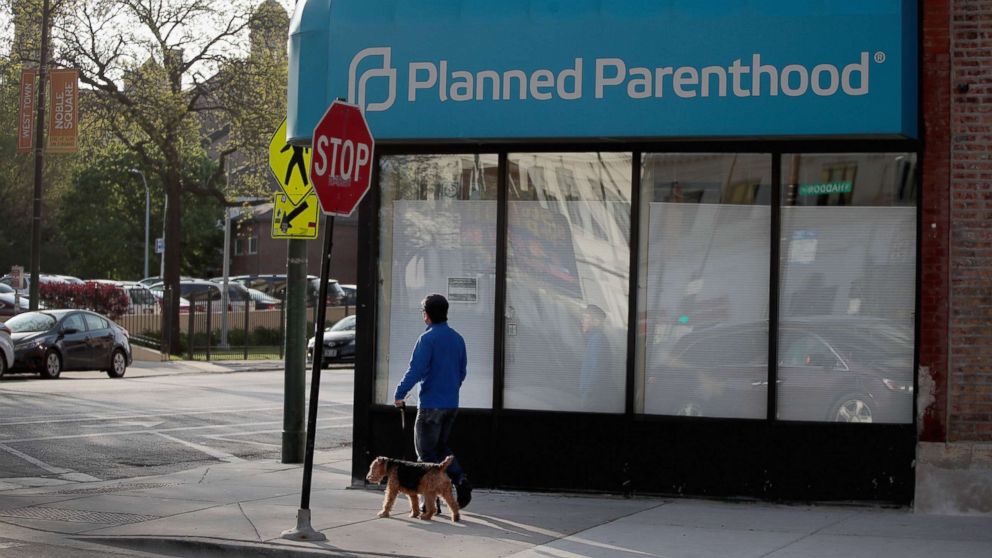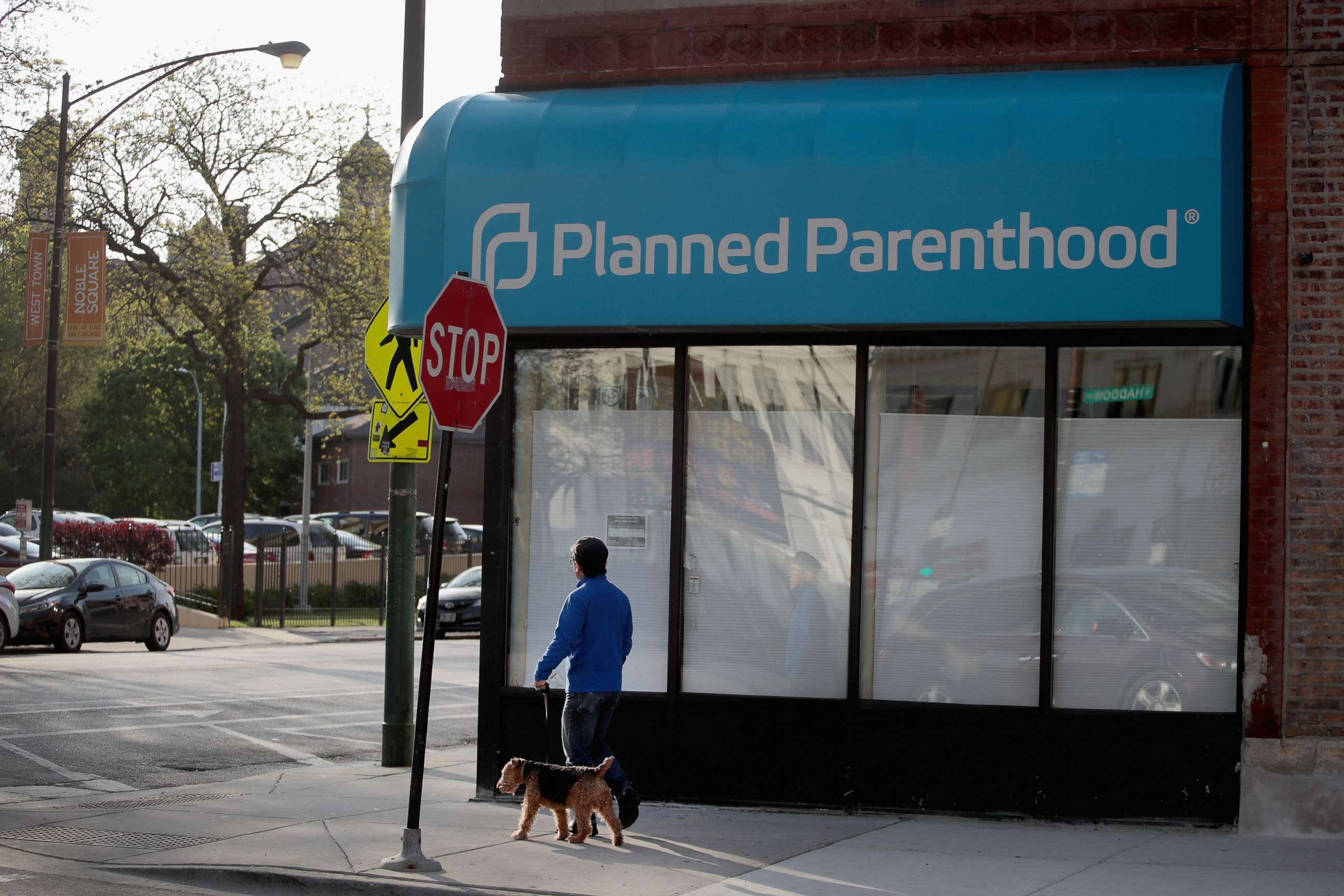Family planning clinics that provide abortion referrals barred from federal program
Democrats, Planned Parenthood vow to fight regulation they call 'gag rule'

The Trump administration announced Friday that family planning clinics will be prohibited from providing women referrals for an abortion if they want to continue to receive federal money, a move that sets the stage for a protracted court battle.
The federal regulation, released by the Department of Health and Human Services, also says family planning clinics no longer are required to provide women information about abortion. That opens the $286 million assistance program, known as Title X, to faith-based organizations running anti-abortion pregnancy centers.
Planned Parenthood, one of the largest family planning organizations in the country, said it would drop its participation.
“We’re going to fight this rule through every possible avenue,” said Emily Stewart, vice president of public policy for the Planned Parenthood Federation of America.
Title X started in 1970 to support family planning efforts for low-income women. Nearly 4,000 clinics in the U.S. now receive money through the program, providing care for some 4 million people, many of whom are uninsured. Planned Parenthood is among the biggest providers for Title X, serving 1.6 million of those clients.
Under the previous rules for Title X, participating clinics had to provide a pregnant women seeking an abortion with a referral and information about the procedure if she asked. The provider was not, however, allowed to promote abortion or help with the logistics such as scheduling an appointment or providing transportation.
Last year, the Trump administration announced it wanted to revive a regulation reminiscent of the Reagan administration's rule, which specifically prevented clinics from counseling women on abortion services. Democrats and other opponents derided the restriction as a “gag rule” because it limited family planning clinics from discussing abortion as an option with pregnant women.
According to a senior official at the Department of Health and Human Services, the final rule released Friday doesn't go that far.
Under the revised plan, providers would still be able to provide “nondirective” counseling, such as answering a woman’s general questions about abortion so long as they don’t provide a referral. The official, who spoke on condition of anonymity because the person was not authorized to speak publicly, said the rule was revised because of “significant pushback” because the initial rule directed doctors “what you can and cannot tell your patient.”
“That’s a very slippery slope to go down,” the official said.

The official said the administration is expecting a court challenge but believes the revised rule will stand.
The number of abortions in the U.S. has plummeted in recent years, dropping 24 percent from 2006 to 2016, according to the Centers for Disease Control and Prevention. But the issue has remained a focus for the Trump administration, which also expressed concerns that the previous rule kept anti-abortion groups that promote natural family planning from accessing money under the program.
Jessica Grossman, a doctor who runs a non-profit that works with Title X funded clinics, said she is concerned the new rule would prevent women from getting factual information about family planning options. She said the rule language - that Title X now “permits, but no longer requires, nondirective pregnancy counseling” — was unclear and could mean clinics don’t have to provide contraceptive counseling at all. Grossman questioned whether it would affect her non-profit, Medicines360, which provides affordable birth control to many Title X clinics.
Planned Parenthood said the regulation will disproportionally hurt women of color and low-income patients who rely on the organization for family planning options.
But anti-abortion groups like the Susan B. Anthony List say the previous rule blurred the lines too much for tax-payer money, creating what it calls a "slush fund" that can be used indirectly to support abortion services.
The rule "does not cut family planning funding by a single dime, and instead directs tax dollars to entities that provide healthcare to women but do not perform abortions," said Marjorie Dannenfelser, the group's president.
Cheyenne Haslett contributed to this report.




